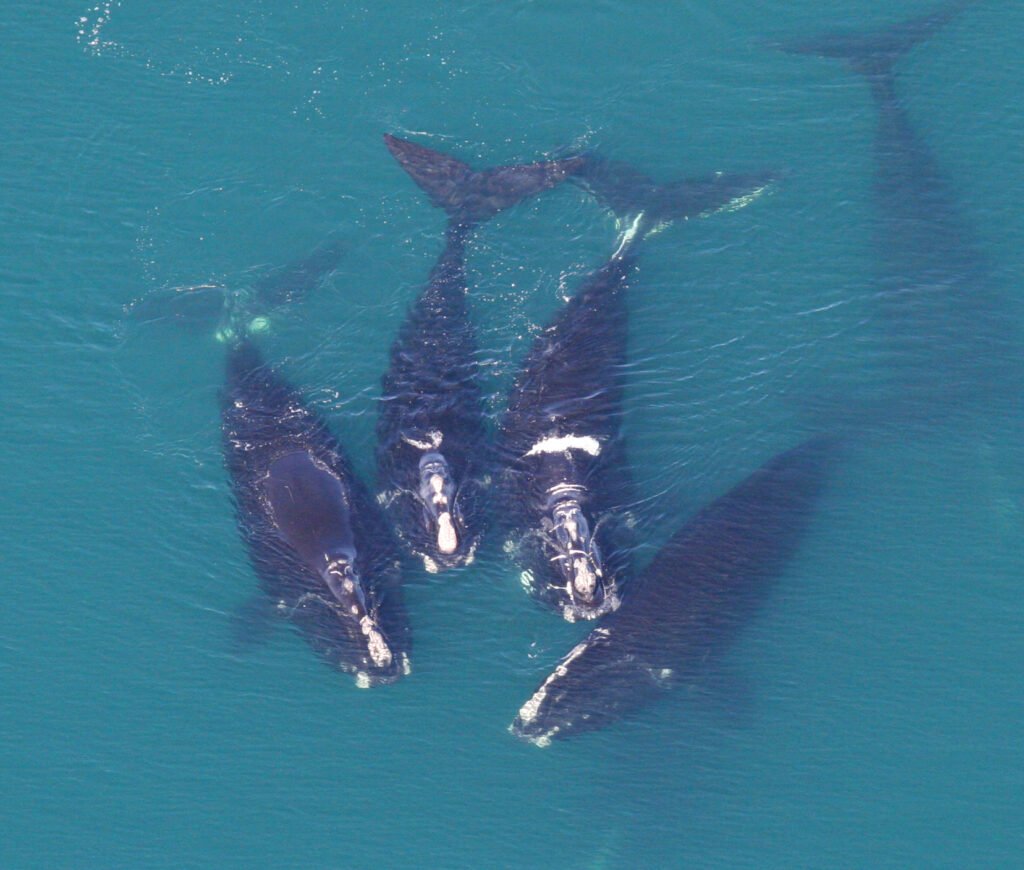A whale’s song is one of the most haunting and mysterious sounds on Earth, echoing through the ocean’s depths for miles. What if the vast, open seas—once the perfect stage for these underwater concerts—are now being drowned out by a chorus of engines and propellers? This isn’t just poetic imagery; it’s a growing reality. As global shipping traffic intensifies, the hidden impacts on whales’ communication are slowly coming to light, revealing a story that is both astonishing and urgent. Imagine a world where the language of giants is being rewritten by the relentless hum of commerce—this is the world we’re diving into today.
The Symphony Beneath the Waves
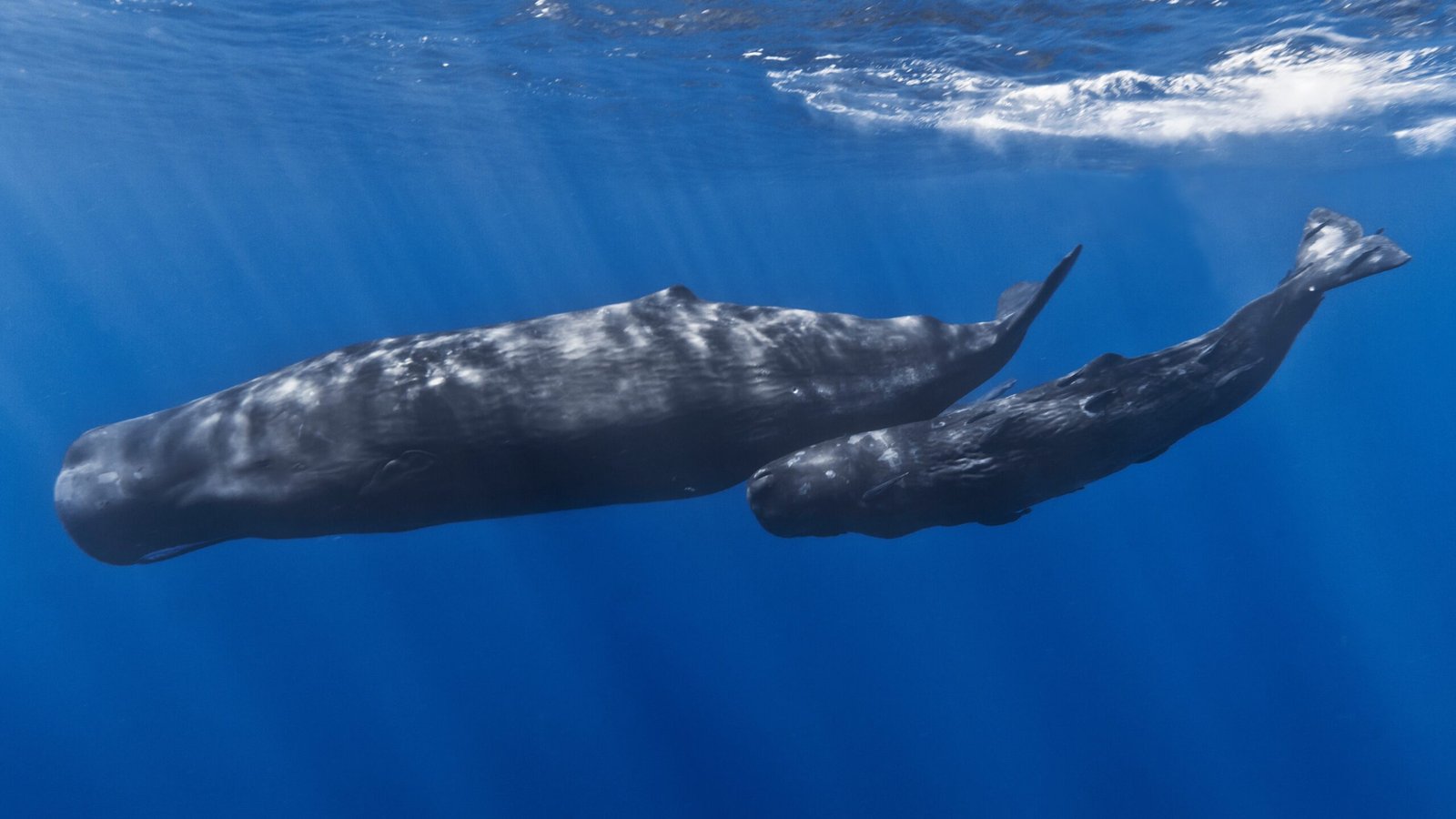
Whale songs are more than just beautiful melodies; they are lifelines. These complex patterns of clicks, moans, and pulses are used for everything from finding mates to navigating the vast ocean. Some species, like the humpback whale, create songs that can last for hours and travel for hundreds of miles underwater. For whales, sound is as vital as sight is for humans, guiding them through the dark, murky depths where light barely penetrates. Each region, and even each pod, can develop its own dialect, weaving a tapestry of culture beneath the waves. But as shipping lanes expand, the ocean’s natural acoustics are changing, and with them, the very fabric of whale communication.
The Rise of Ocean Noise
The ocean was once a quiet place, at least by human standards. Now, thousands of cargo ships, oil tankers, and cruise liners crisscross the globe every day, their engines and propellers emitting a constant rumble. This low-frequency noise travels far and wide—sometimes for hundreds of kilometers. Unlike the sudden crack of thunder, shipping noise is persistent and relentless, forming a sonic smog that fills the water column. For whales, this background noise can be overwhelming, masking their songs and calls just like city noise drowns out birdsong at dawn.
How Noise Masks Whale Songs
When a whale sings, its sound waves travel through the water to reach other whales. But if a ship passes by, the noise it generates can mask those sound waves, making it harder for the message to get through. This phenomenon, called “acoustic masking,” is similar to trying to hold a conversation in a crowded, noisy restaurant. The louder the background noise, the more difficult it becomes to communicate. Some whale species have even been observed pausing their songs when ships pass or raising the pitch and volume of their calls, desperately trying to be heard above the din.
Changing Routes, Changing Songs
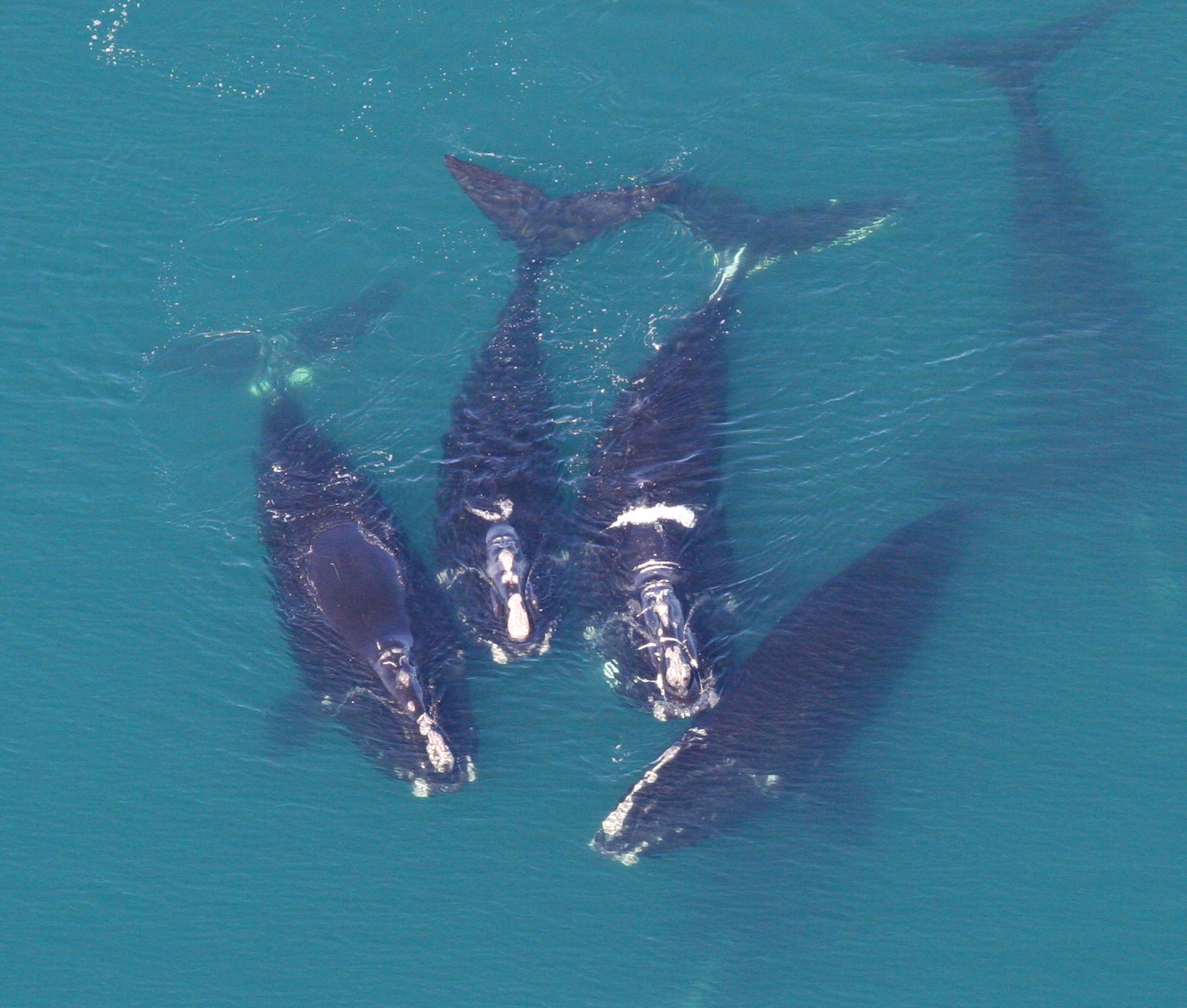
As shipping routes shift in response to new trade patterns, climate change, and melting Arctic ice, whales are facing new acoustic challenges in places they once considered safe havens. In the North Atlantic, for example, increased traffic has coincided with changes in the complexity and frequency of whale songs. Whales in these areas are adapting, but not always in ways that are beneficial. Some are shortening their songs, while others are abandoning certain frequencies altogether. This forced adaptation could disrupt their ability to find mates or warn others of danger, altering social structures that have existed for millennia.
The Science of Whale Song Adaptation
Researchers have been astonished to discover just how quickly whales can modify their songs in response to noise pollution. Using underwater microphones, scientists have recorded changes in song length, pitch, and even in the timing of calls. For instance, North Atlantic right whales have been found to increase the amplitude of their calls—a behavior known as the Lombard Effect, similar to how humans speak louder in a noisy room. However, this adaptation has limits. There’s only so loud a whale can sing before expending too much energy or risking exposure to predators.
Impacts on Social Bonds and Reproduction
Whale songs aren’t just about navigation or territory—they’re essential for maintaining social bonds and attracting mates. In species like humpbacks and blue whales, complex songs are thought to demonstrate fitness, acting as a kind of underwater courtship display. If songs are masked or altered by shipping noise, it might become harder for whales to find or impress potential mates. This can have cascading effects on reproduction and population stability. Imagine if love letters were constantly being smudged or lost in the mail—connections would falter, and populations could dwindle over time.
Cultural Losses in the Deep
Whale songs are a form of cultural transmission, passed down through generations and even across oceans as whales migrate. When noise pollution forces whales to change or abandon their traditional songs, it’s not just communication that’s at risk—it’s culture itself. Scientists have documented cases where entire song traditions have disappeared from a population following heavy shipping traffic. These losses are irreplaceable, erasing unique “dialects” that once defined a region’s whales, much like the extinction of a human language.
Arctic Meltdown and New Shipping Frontiers
As climate change melts the polar ice, previously inaccessible Arctic waters are opening up to shipping for the first time in history. These new routes are cutting through pristine habitats that have acted as sanctuaries for Arctic whale species. Now, bowhead whales and narwhals, which have evolved in some of the quietest waters on earth, are suddenly confronted with alien sounds. Scientists fear these species may be especially vulnerable, lacking the experience or ability to adapt quickly to the barrage of new noise.
Technological Solutions and Hope
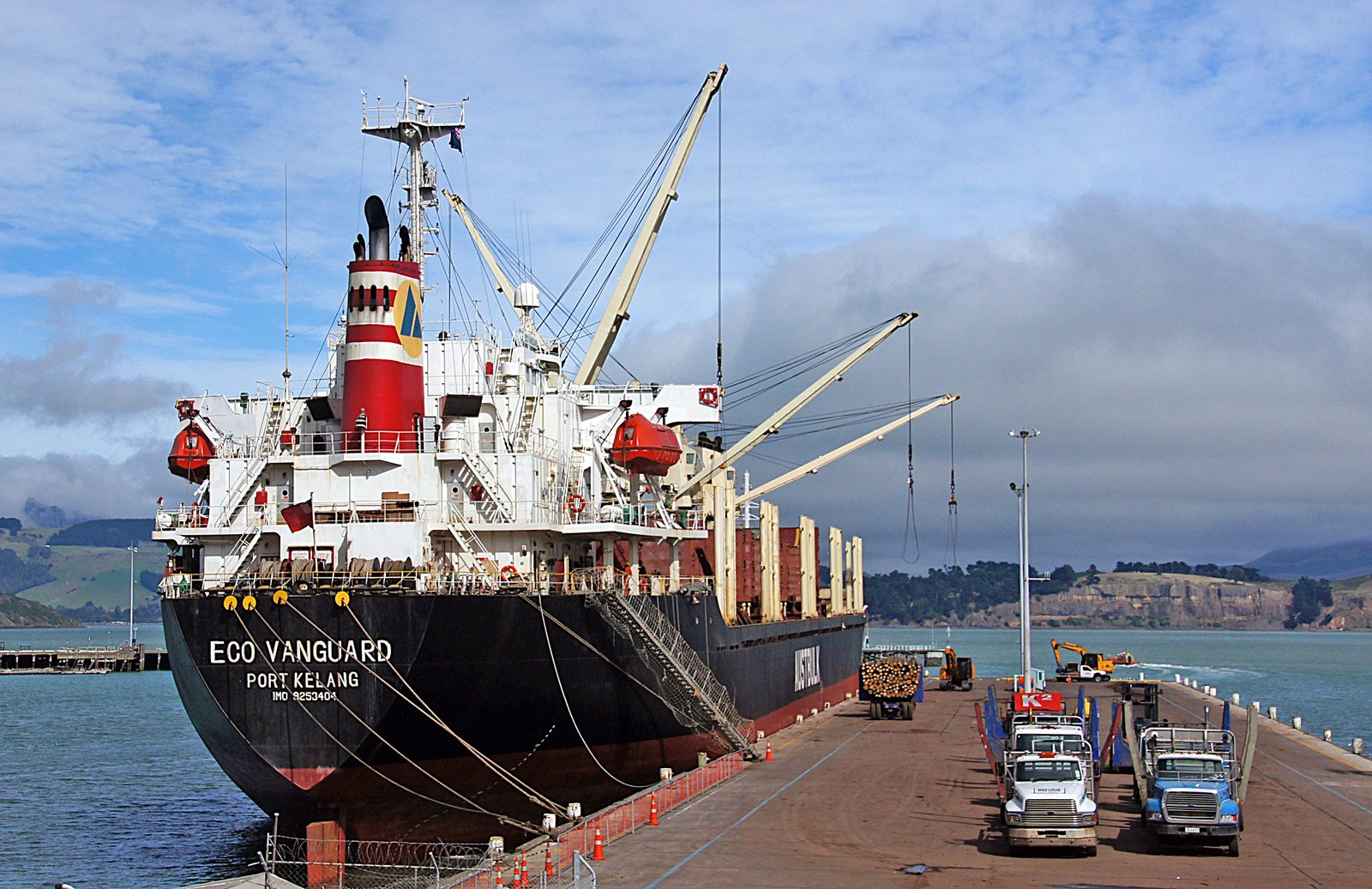
It’s not all doom and gloom. Around the world, scientists and engineers are working on creative solutions to make shipping quieter. Innovations like quieter propeller designs, slower ship speeds, and even the rerouting of major shipping lanes away from critical habitats are showing promise. Some ports have begun encouraging ships to reduce speed near whale hotspots, dramatically lowering underwater noise levels. These efforts are a beacon of hope, suggesting that with enough determination, we can find a balance between commerce and conservation.
The Power of Global Awareness
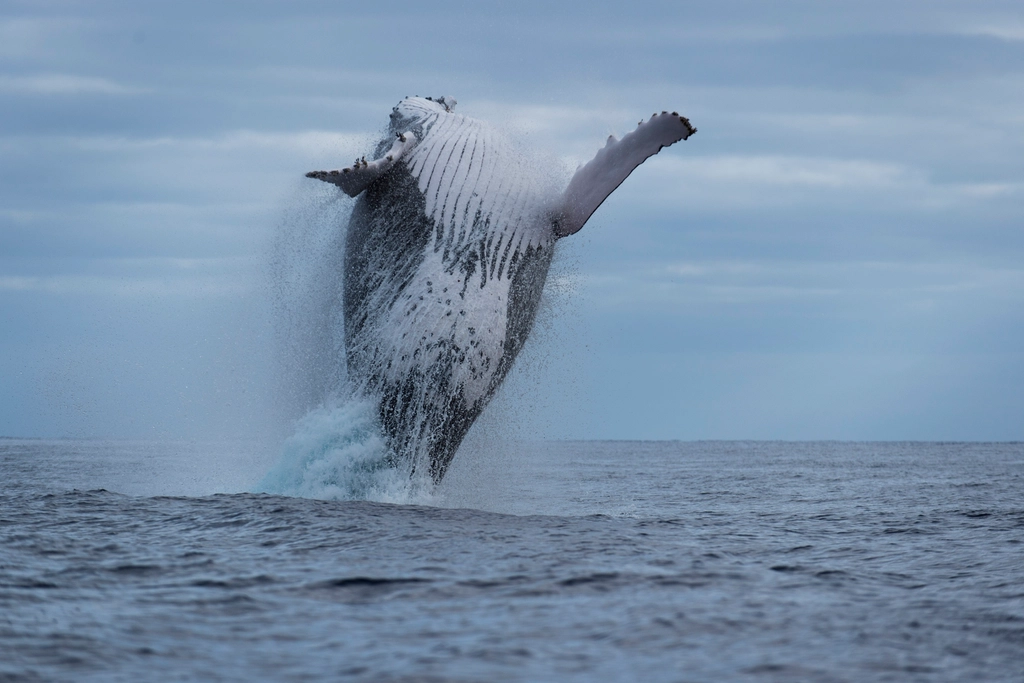
Public fascination with whales has always been strong, but awareness of how human activities affect their world is only just catching up. Whale watching, documentaries, and citizen science programs are bringing the issue of ocean noise to the surface. People are beginning to realize that every product shipped across the sea has an acoustic footprint. As this awareness spreads, so does the potential for collective action—whether that means supporting quieter shipping technologies, advocating for policy change, or simply sharing the story of how whale songs are being reshaped by the modern world.
A Call to Listen
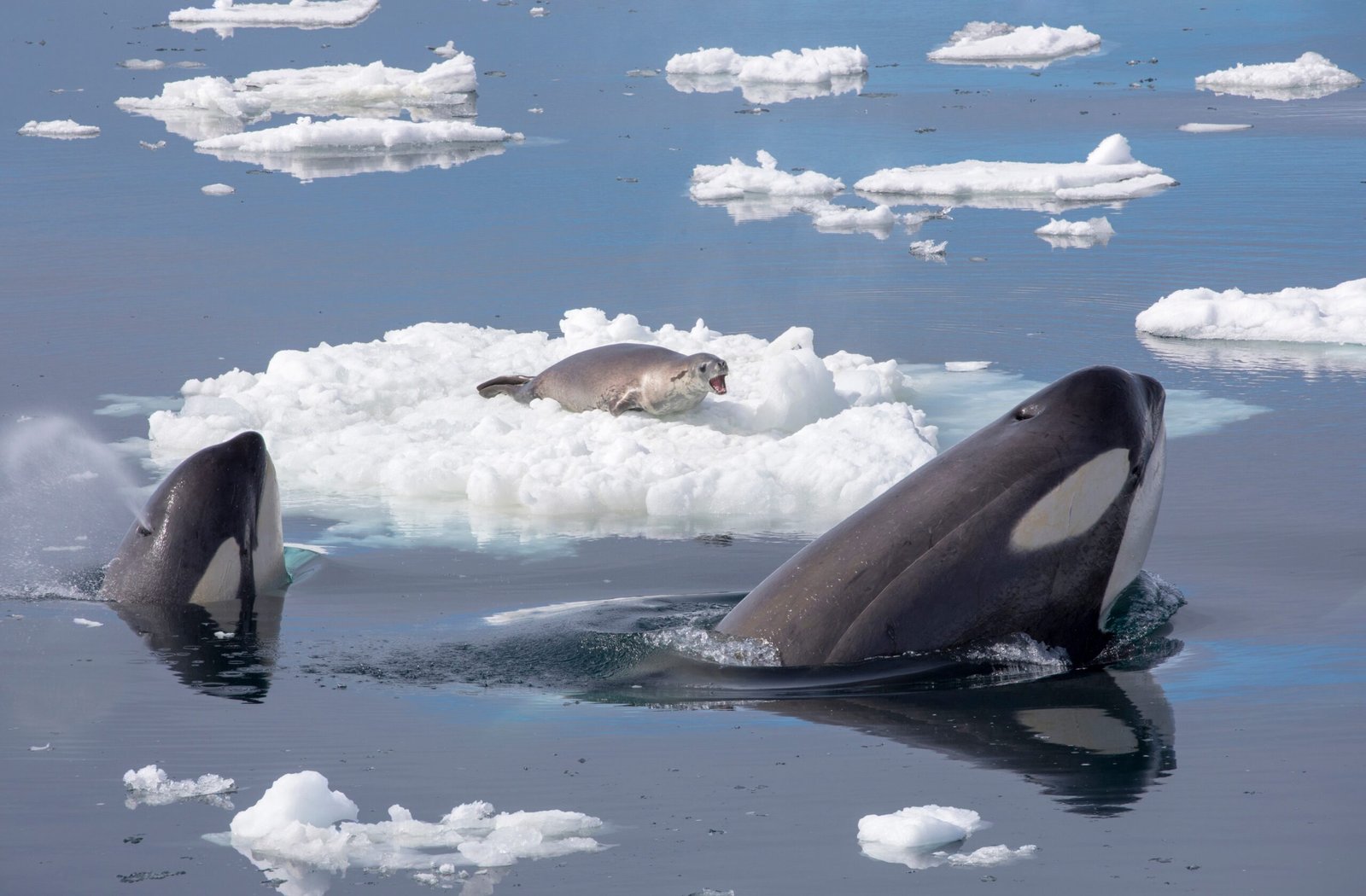
The story of changing whale songs is a reminder that even the most powerful voices in nature can be silenced by human progress if we’re not careful. Every time a whale sings, it’s not just a call across the ocean—it’s a signal to us as well. Will we listen, or let the chorus of engines drown out one of Earth’s most ancient and beautiful languages?

